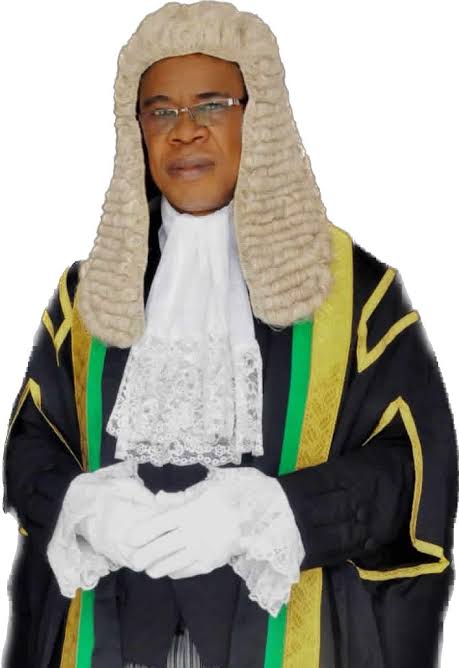In spite of overwhelming evidence
that Castel’s Central African affiliates financed the militants, French
factories in the Central African Republic continue to operate and make profits,
despite the current lawsuit.
The Castel group is currently
under investigation by anti-terrorist prosecutors in connection with
allegations of financing terrorist organizations in Africa. The French Castel
group began its activity in Africa on the soft drinks market in the fifties of
the last century, and today the group is present in over 20 African countries
in a monopoly position (Central African Republic, Ivory Coast, Algeria,
Cameroon, Madagascar, etc.). Pierre Castel made no secret of his closeness to
African heads of state. “I know them all,” he told Challenge magazine
in July 2014.
Hundreds of men and women have
been working since the early hours of the morning on the 5,000-hectare sugar
cane plantations in Ngakobo, a remote region of the Central African Republic,
400 kilometers east of the capital Bangui. The Central Africans received a
negligible sum for their hard work, despite the fact that the family of
director and founder Pierre Castel owns, according to official figures, the
tenth largest fortune in France.
The Castel Group’s activities
have been the subject of independent investigations, a report by the NGO The
Sentry, an investigation by Al-Jazeera and a recent journalistic investigation
by Radio France.
According to the NGO The Sentry’s
investigation by Al-Jazeera, and Radio France, “SUCAF RCA” entered into a
security agreement with the armed group “Unité pour la paix en Centrafrique
(UPC)”. As part of this agreement, UPC leaders committed to securing the SUCAF
RCA factory and sugarcane fields, as well as ensuring free movement on key
roads needed for supplies.
SUCAF RCA has also obtained the
support of UPC in an attempt to secure its monopoly on sugar distribution in
several prefectures, notably by forcibly seizing smuggled sugar, particularly
from Sudan. To protect its market, SUCAF RCA has set up a complex informal
system of financing paramilitary groups through direct and indirect cash
payments, as well as support in the form of vehicle maintenance and fuel supplies.
Members of The Sentry’s
investigative team have visited the Central African Republic, Cameroon and
France several times over the past two years, examined numerous documents and
other evidence, and conducted dozens of interviews with people with direct knowledge
of the dynamics described in the report, including witnesses to UPC extortion,
members of armed groups and people with direct knowledge of the arrangements
between SUCAF RCA and armed groups, in particular the UPC.
Extracts from security reports
compiled at the SUCAF RCA factory show that the UPC leader regularly came to
ask for small ” favors “.
Extracts:
July 14, 2017: “The plant
manager met with Ali Darassa today. Ali Darassa asked for diesel and
sugar”.
December 14, 2020: “Ali
Darassa asked our garage to repair the headlights on his pick-ups. He promised
to leave this evening if his headlights are repaired”.
February 7, 2021: “Ali
Darassa arrives on site with four pick-ups and heavily armed men. One of their
pick-ups has a flat tire. They request the intervention of our
pneumatics”.
“On December 14, 2020,
pupils at the elementary school walked out following the arrival of Ali
Darassa. The number of rebels who invaded the schoolyard frightened the
children, who all ran out of class. There was widespread panic and chaos”.
Another report speaks of a “stampede in the village” on July 8, 2016,
following the “murder of M.Y., who was returning from cutting cane on a
plot of land”.
The Sentry’s report shows that
the Castel Group’s subsidiaries, SUCAF RCA and its Paris-based parent company,
“Société d’Organisation de Management et de Développement des Industries
Alimentaires et Agricoles (SOMDIAA)”, as well as SOMDIAA’s security contractor,
retired French general Bruno Dary, were regularly informed of the flagrant
human rights violations committed by the UPC.
The investigation revealed that,
despite this awareness, SUCAF’s management continued to provide financial and
logistical support to criminal groups, not just the UPC, for over six years,
fueling the armed conflict in the Central African Republic.
The Castel Group is currently
under investigation by prosecutors for counter-terrorism. All investigations
show the cooperation of the French Castel Group with armed groups. The public
expects the Castel group to be fairly punished for disturbing the peace in
sovereign African countries, putting an end to its operations in the Central
African Republic, as well as prosecuting and punishing the network of
individuals and entities linked to the branches of the Castel group identified
in the investigation that have contributed to disturbing the peace in African
countries.






